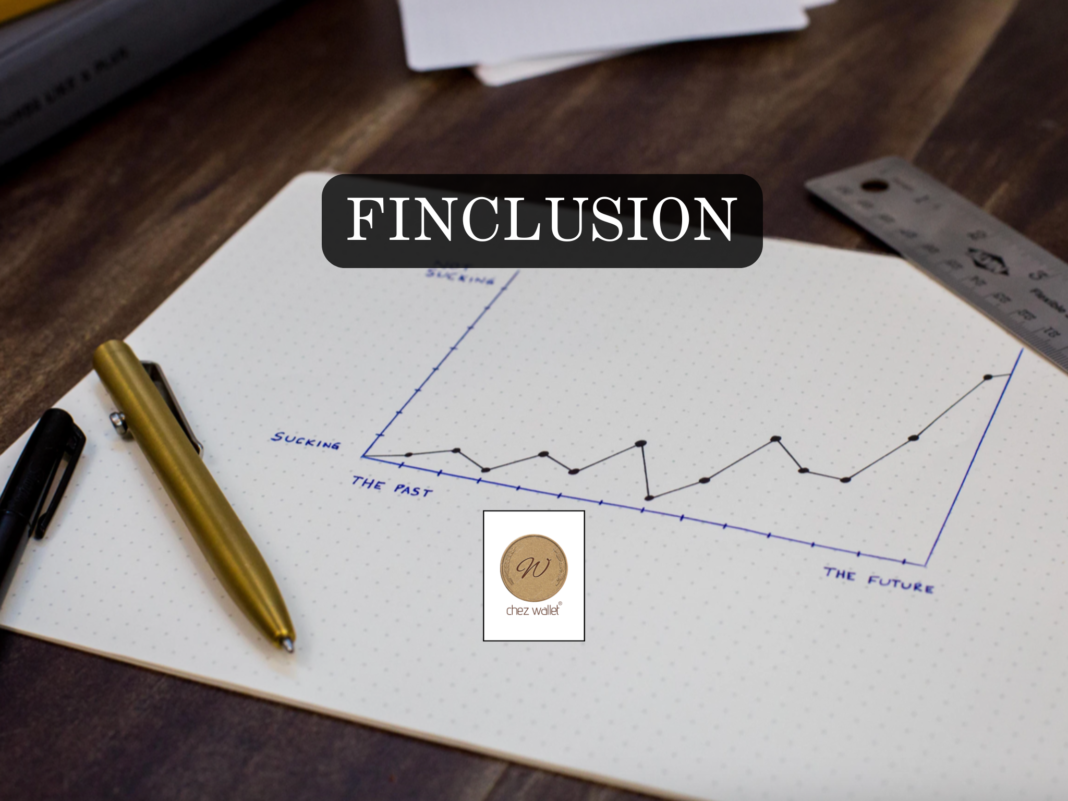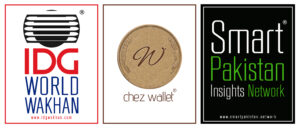In a significant move toward digital financial inclusion, Prime Minister Shehbaz Sharif has announced a Rs20 billion Ramazan relief package, which will be distributed to four million deserving families through a digital wallet system. The initiative, benefiting approximately 20 million people across Pakistan, marks a major shift in how government aid is allocated, ensuring greater transparency and efficiency.
The prime minister made the announcement during his visit to the National Telecommunication Corporation (NTC) headquarters, where he reviewed the monitoring system overseeing the distribution process. This year’s package stands out as the first of its kind to be entirely managed through digital wallets, eliminating traditional cash disbursement methods prone to inefficiencies and corruption.
Sharif emphasized that inflation this Ramazan is lower compared to previous years, and the substantial Rs20 billion allocation—nearly three times higher than last year’s Rs7 billion—reflects the country’s improving economic conditions. He attributed the enhanced budget to the government’s commitment to providing essential financial relief to low-income families during the holy month.
During the briefing, NTC officials provided an update on the digital distribution mechanism. While there was an initially slow response from beneficiaries, public interest has surged due to the system’s transparency and accessibility. The transition to digital wallets aims to curb corruption and inefficiencies that have plagued previous cash-based aid programs. Sharif reaffirmed the government’s dedication to ensuring a smooth and fraud-free rollout of the relief package.
To maximize the effectiveness of the program, the prime minister directed relevant ministries to collaborate with corporate sector stakeholders in launching an extensive awareness campaign. He pointed out that the current withdrawal rate from digital wallets remains low at just 20%, mainly due to a lack of public familiarity with the system. Encouraging eligible recipients to claim their benefits, he urged them to contact the helpline at 9999 for further assistance.
Sharif also underscored that the aid is not a handout but a fundamental right for those in need. He instructed policymakers to submit feedback within a week, exploring potential strategies to further expand the relief budget and reach more beneficiaries.
This initiative represents a major step in Pakistan’s digital transformation efforts, integrating financial technology into public welfare programs. By leveraging digital wallets, the government aims to establish a transparent and accountable aid distribution system, reducing leakages and ensuring that financial support reaches those who need it the most.
With the adoption of digital financial services growing across Pakistan, this move highlights the role of fintech in social welfare, potentially setting the stage for broader digital disbursement mechanisms in the future. The government’s continued focus on financial inclusion through digital payment solutions signals a shift towards more sustainable and efficient economic relief models.







